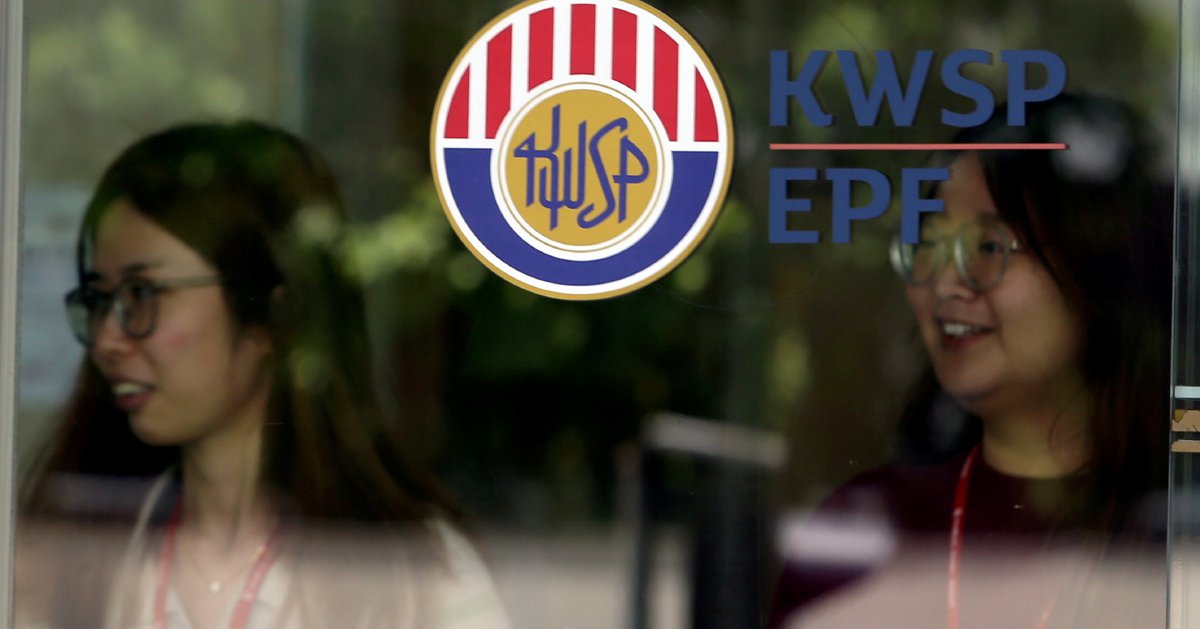KUALA LUMPUR: Retirement security remains a pressing concern in Malaysia, with many retirees struggling to fund post-retirement expenses despite the Employees Provident Fund (EPF) being the cornerstone of retirement savings, according to Connie Chung, principal consultant for wealth solutions in Malaysia at Aon.
“Despite the EPF being key to retirement savings, many retirees lack sufficient funds to cover post-retirement expenses, highlighting the importance of financial literacy and better saving strategies,” Chung said.
The 2025 Malaysia Employee Benefits and Wellbeing Report by global professional services firm Aon Plc revealed worrying trends: 40 per cent of Malaysian employees under 29 and 53 per cent of those aged 30–34 plan to change jobs within the next 12 months. Additionally, 51 per cent of employees with three to five years of experience – many in mid-level roles critical to business continuity – are also considering leaving, posing risks to productivity.
Compensation remains the top factor influencing employees’ decision to join or stay with an organisation. It is viewed as a workplace hygiene factor – while it may not directly inspire motivation, inadequate pay can quickly lead to dissatisfaction.
The study also highlighted generational differences in priorities. For Gen X and Millennials, a positive work environment and work-life balance are essential, while Gen Z places stronger emphasis on career development and personal growth. Across all generations, however, employees need fair compensation to cover basic financial needs such as housing, food, healthcare, and education – ensuring both stability and security.
“In today’s competitive job market, employee benefits play a significant role in differentiating employers and enhancing their appeal to potential candidates. They are designed to meet the diverse needs of employees, ensuring their financial security, health, and work-life balance,” according to the study.
Surveying 130 companies and 507 employees across industries, the study found that when evaluating potential employers, 57 per cent of respondents valued flexible work arrangements, 50 per cent prioritised work-life balance, and many placed importance on career development opportunities.
For employers, healthcare costs are a rising challenge, with many facing 5–10 per cent annual increases in benefits expenditure driven by higher medical costs and utilisation. The report revealed that this financial pressure may lead employers to reconsider benefit levels, challenging employers to maintain or curate a competitive benefits package.
“Wellbeing factors such as emotional, physical, work-life, social and financial are closely linked and interconnected to each other and contribute to the strength of a workforce,” said Surendran Ramanathan, head of wealth solutions in Malaysia at Aon.
“Improving one area can impact others. Prioritising benefits and wellbeing is not merely a strategic choice; it is necessary for organisations to thrive in a competitive landscape. By investing in comprehensive benefits packages and robust wellbeing initiatives, companies can significantly enhance employee health, engagement and productivity, leading to a more motivated workforce, which is crucial for driving the organisation’s success,” Ramanathan added.
Eighty-one per cent of employers and 77 per cent of employees acknowledged that flexible working improves work/life balance and flexibility. However, 73 per cent of employers were concerned with collaboration among teams, and 57 per cent of employees are concerned about reduced interaction, highlighting the challenge of maintaining workplace culture.
While both employers and employees value wellbeing, a gap exists between its importance and actual outcomes. Although 96 per cent of those surveyed rated financial wellbeing as a top priority, only 30 per cent have assessed their retirement income and feel on track with savings, highlighting a disconnect between current financial habits and retirement planning.
© New Straits Times Press (M) Bhd






